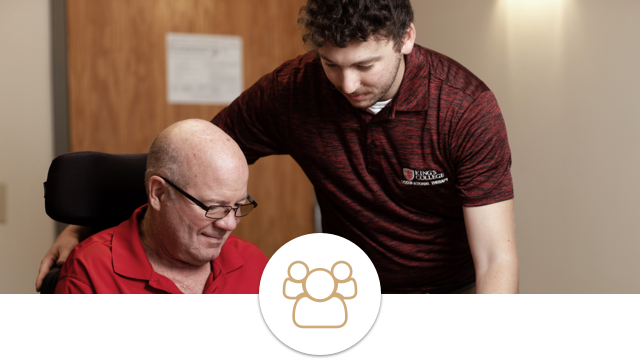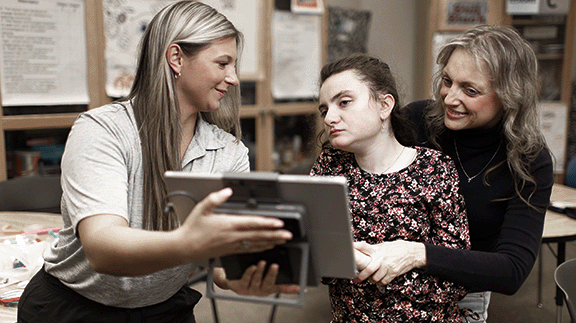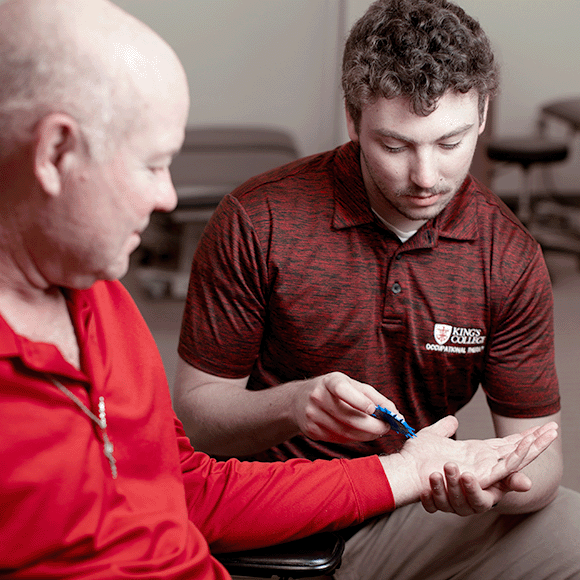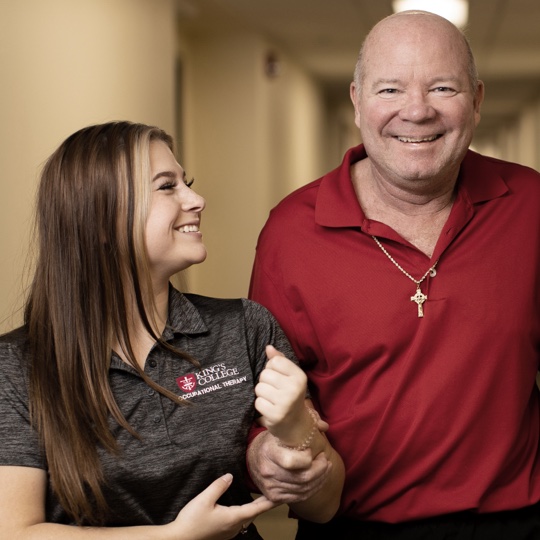The Future of Occupational Therapy Is Here
With an average annual income of $93K+, and more than 16,000 new jobs expected in the coming years, there’s no question that becoming an Occupational Therapist is a smart move. And now, thanks to the King’s College 3+3 B.S./O.T.D. program, you can get started even faster.
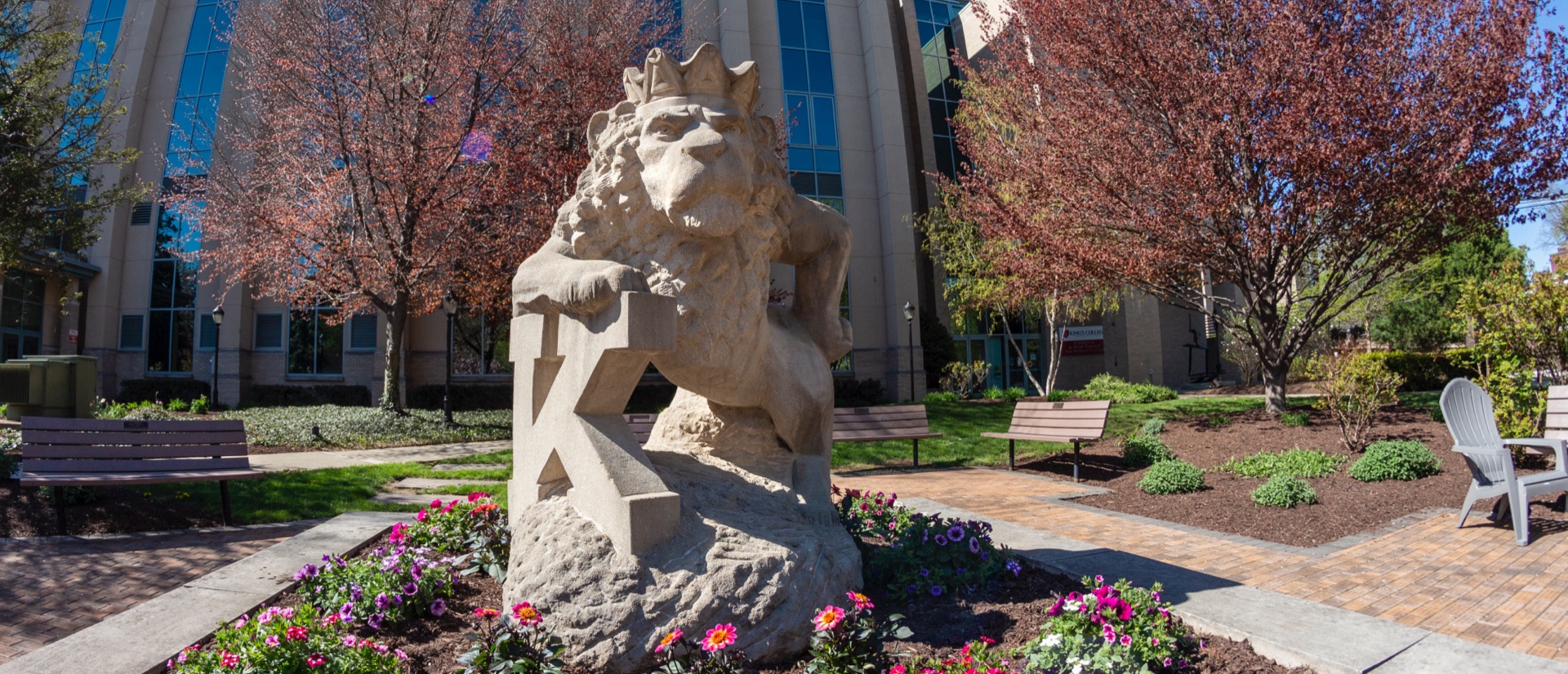
GET STARTED ON YOUR CROWNING ACHIEVEMENT.

THERE'S MORE TO EXPLORE
Complete the form above to learn more about our 3+3 B.S./O.T.D. program and our unique admission process.



